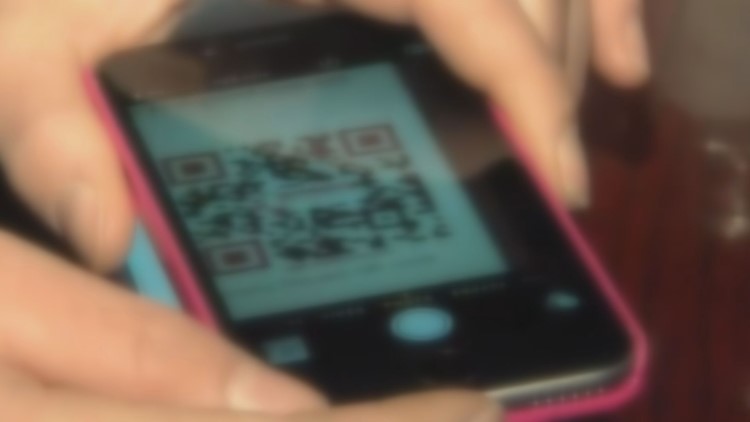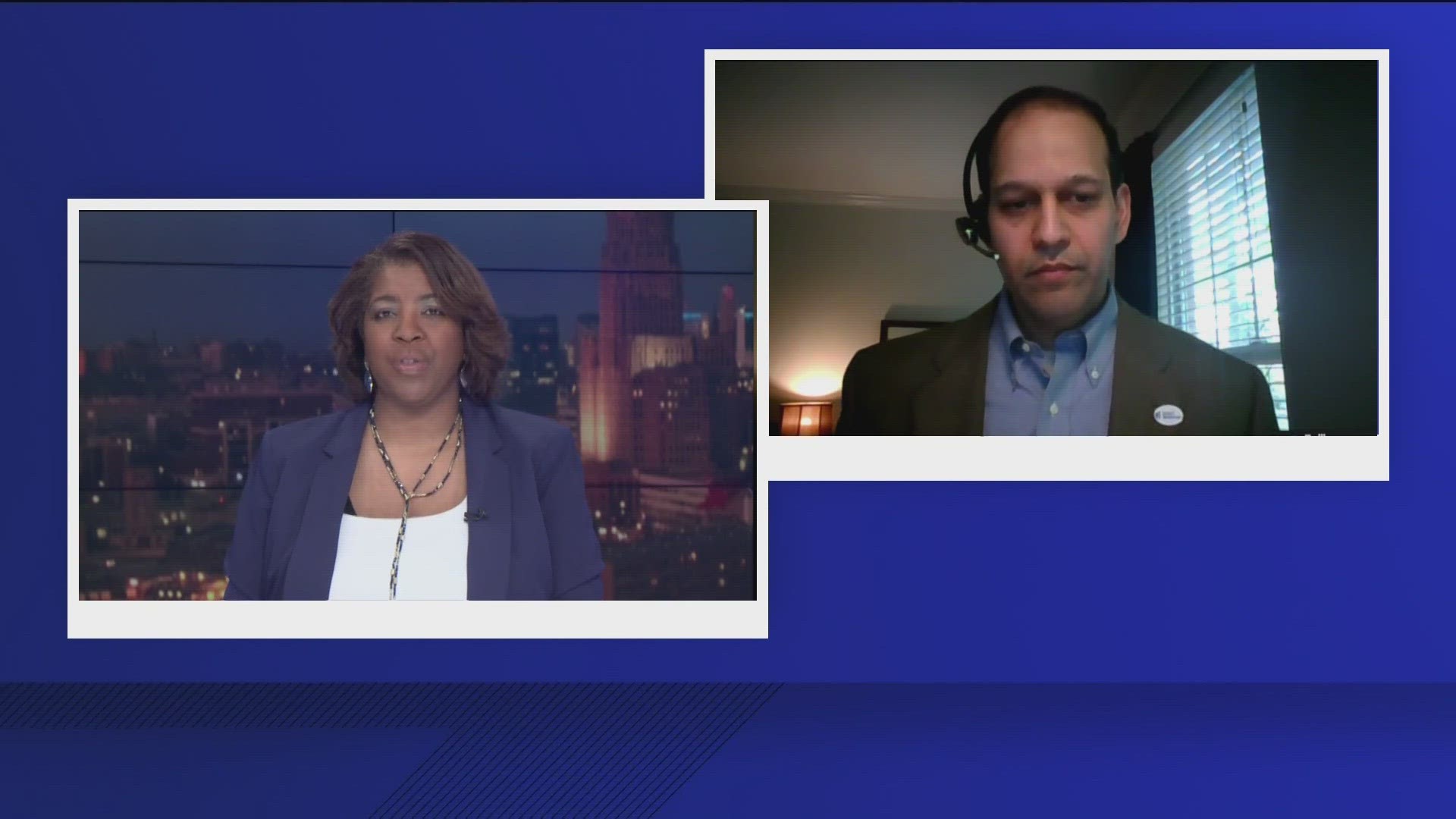COLUMBIA, S.C. — News19 is taking a closer look at popular techniques criminals are using to get your personal information.
October is Cybersecurity Awareness Month - a time to do our part to secure our computers and phones from hackers. And that's an important step, says the director of communications and public information for the South Carolina Department of Consumer Affairs (SCDCA). Because the people who want your information have many ways to trick you into giving it to them.
"They're online, they're in-person, they're on the phone, they're through text messages. Scammers are literally everywhere," Director Bailey Parker said.
The majority of us have likely received calls or seen phony e-mails from a stranger telling us we've won thousands of dollars or a free vacation or cruise. By now, most of us know it's probably too good to be true.
But what about other, more "trendy" methods criminals are using to get your information?
Parker said text message scams are becoming more prevalent where hackers pose as online retailers. SCDCA called it "shipping smishing".
"They are taking advantage of the fact they think you're waiting for a package," said Parker. "So they're gonna send you a text message acting like Amazon, acting like Walmart, or even UPS, USPS and saying, 'Hey, we've got an update on your account for your package that's being delivered. Click here.'"
SCDCA officials warned that, before you click any links, ask yourself:
- Are you expecting a package?
- Did you sign up for text notifications?
- Is the URL from the company's website?
- Does the URL have an "s" after the "http"?
"If somebody is just showing up out of the blue - if it's a random text message you did not initiate, it's a random phone call you did not initiate, a direct message on Instagram or Facebook - if you did not initiate a point of contact, that is a huge red flag it's a scam," said Parker.
Within the last year, the use of QR codes is ramping up thanks in large part to the pandemic.
At a restaurant, for example, you open your phone's camera, scan the QR code, and a link pops up with the menu.
Just as you shouldn't click immediately on a random text link from a stranger, experts recommend verifying the QR code is from the company before you hit the link.
The Better Business Bureau discovered scammers are placing disguised QR codes on top of real ones.
The agency says once you click the link, you're taken to a phishing website to enter your private information for criminals to steal.
"It's something to be aware of making sure you see the whole URL that it directs you to. Short links are definitely a red flag," said Alyssa Parker with the Better Business Bureau of Eastern North Carolina.
A helpful remedy is installing a QR scanner app to check the safety of the links you scan before they're opened.
One more quick tip on how to keep your phone secure: reboot.
The National Security Agency (NSA) said simply turning your phone off and on again once a week can make even the most sophisticated hackers work harder to get access to your phone.
"Cybersecurity is applicable to all of us," said Parker.



